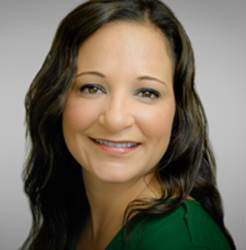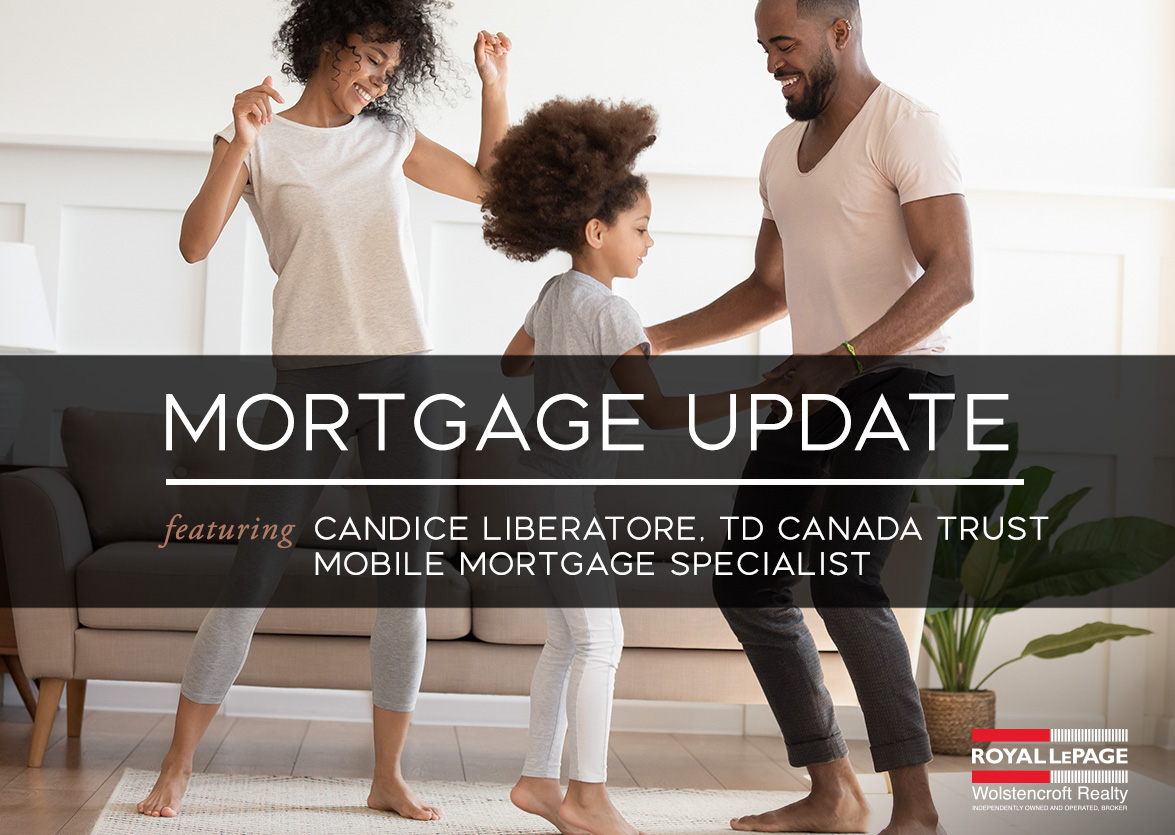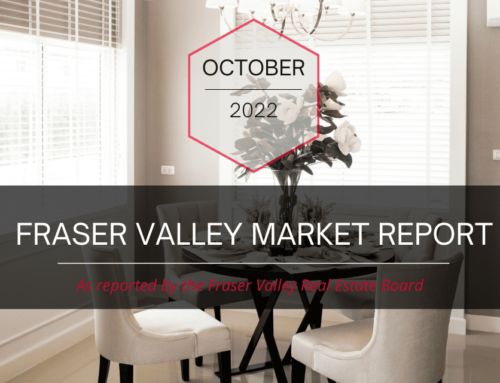The benefit of working with me, a TD Mortgage Specialist, is that you are my client for life – even after the mortgage process. I am always a phone call away to answer any questions about your mortgage or other banking needs. I have access to all your banking, where as a mortgage broker will just place you wherever they feel the best deal is and in return you are now a customer of that mortgage company. Your broker will not be able to provide you with the answers you may need and may not be able assist you going forward. Whether you are needing a mortgage balance, payout, or annual statement I will always be here to assist you. No long holds on the phone waiting for some back East to pick up your phone call or silly charges for these things that you may require. Buying a home is a complicated process with many factors to consider. You have to decide on your budget, your ideal neighbourhood, how many bedrooms you’d like, whether you want a fixer upper or something move-in ready, and what features are must haves. Then you must choose a real estate agent, lawyer, inspector and then your mortgage expert. It’s important to consider all of your options before applying for your mortgage, and below we’re going to look at getting a mortgage with TD Canada Trust. Let’s look at the unique features their mortgages offer:
The down payment
Like many lenders, TD Canada Trust is limited by federal regulations regarding the required size of your down payment. The federal regulations mean that this part of getting a mortgage with TD Canada Trust is the same as it is with any other lender. The minimum size of your home’s down payment is tied to the purchase price of the home. Here are the minimum required sizes according to the federal government: If the purchase price is less than $500,000, the minimum down payment is 5%. If the purchase price is between $500,000 and $999,999.99, the minimum down payment is 5% on the first $500,000 and 10% on the remaining amount. If the purchase price is more than $1 million, the minimum down payment is 20%.
Mortgage Default Insurance
Mortgage default insurance, also known as CMHC insurance, protects the lender in case you default on your mortgage. If your down payment is less than 20% of the home’s purchase price, your mortgage is considered a high-ratio mortgage and you must purchase mortgage default insurance by law. The most common provider of mortgage default insurance is the Canada Mortgage and Housing Corporation (CMHC), which is why it is often just called CMHC insurance. Your insurance premium is calculated as a percentage of your purchase price, and you’ll pay different premiums depending on how large your down payment is. Here are the different premium rates: For down payments between 5% and 9.99% of the home’s purchase price, you’ll pay CMHC insurance premiums equaling 4% of the mortgage amount. For down payments between 10% and 14.99%, you’ll pay insurance premiums equaling 3.1% of the mortgage amount. For down payments between 15% and 19.99%, you’ll pay insurance premiums equaling 2.8% of the mortgage amount. If your down payment is 20% or more of the home’s purchase price, your mortgage is considered a conventional mortgage and you don’t have to purchase mortgage default insurance. If you did some quick math while reading those rules, you know that your mortgage default insurance premium could end up being quite large, especially if you’re buying a home in Toronto or Vancouver. Fortunately, you don’t have to pay that premium out of pocket; it’s tacked onto your mortgage amount. The larger your down payment, the lower your insurance premiums will be (as well as your regular mortgage payments).
Amortization Period
Your mortgage’s amortization period is the total length of your mortgage. If you’re purchasing a home and plan to put down less than 20% as your down payment, the maximum amortization period you can choose is 25 years. If your home down payment is 20% or greater, you can also choose an amortization period of 30 years. A shorter amortization will mean your mortgage is paid off sooner, resulting in less interest paid overall but a higher monthly mortgage payment. A longer amortization period will decrease your monthly payments but increase the amount of interest you’ll pay over the life of the loan.
Mortgage Term
Your mortgage’s term is the specified period that you have negotiated a specific interest rate with a specific lender. TD Canada Trust offers terms as short as one year and as long as 10 years. It also offers fixed and variable interest rates that go along with these terms, as well as a few options for borrowers in unique situations. Fixed rates are exactly what the name implies. A fixed rate doesn’t change for the length of term, no matter what. For example, the rate on a fivr-year fixed-rate mortgage with TD Canada Trust is 2.78% (as of July 25, 2019) for the entire term. TD Canada Trust offers fixed mortgage terms for lengths from one to 10 years.
Payment Frequency
Your payment frequency is how often you make a payment on your mortgage. Most lenders offer several options for payment frequency, and TD Canada Trust is no exception. With this institution, you can pay your mortgage monthly or choose one of its rapid payment options and pay your mortgage weekly or biweekly.
Prepayment Privileges
There may come a time when you’ll want to make extra payments on your mortgage to become mortgage-free sooner. When this happens, your lender’s unique mortgage prepayment privileges will determine how much extra you can pay, and when. With TD Canada Trust, you can double up on your monthly mortgage payment once per year, and make a lump-sum payment of 15% of the original mortgage amount once per year.

Contributed by: Candice Liberatore TD Canada Trust Mobile Mortgage Specialist Email: Candice.Liberatore@td.com Tel: 604.836.6099 Fax: 844.822.7584





